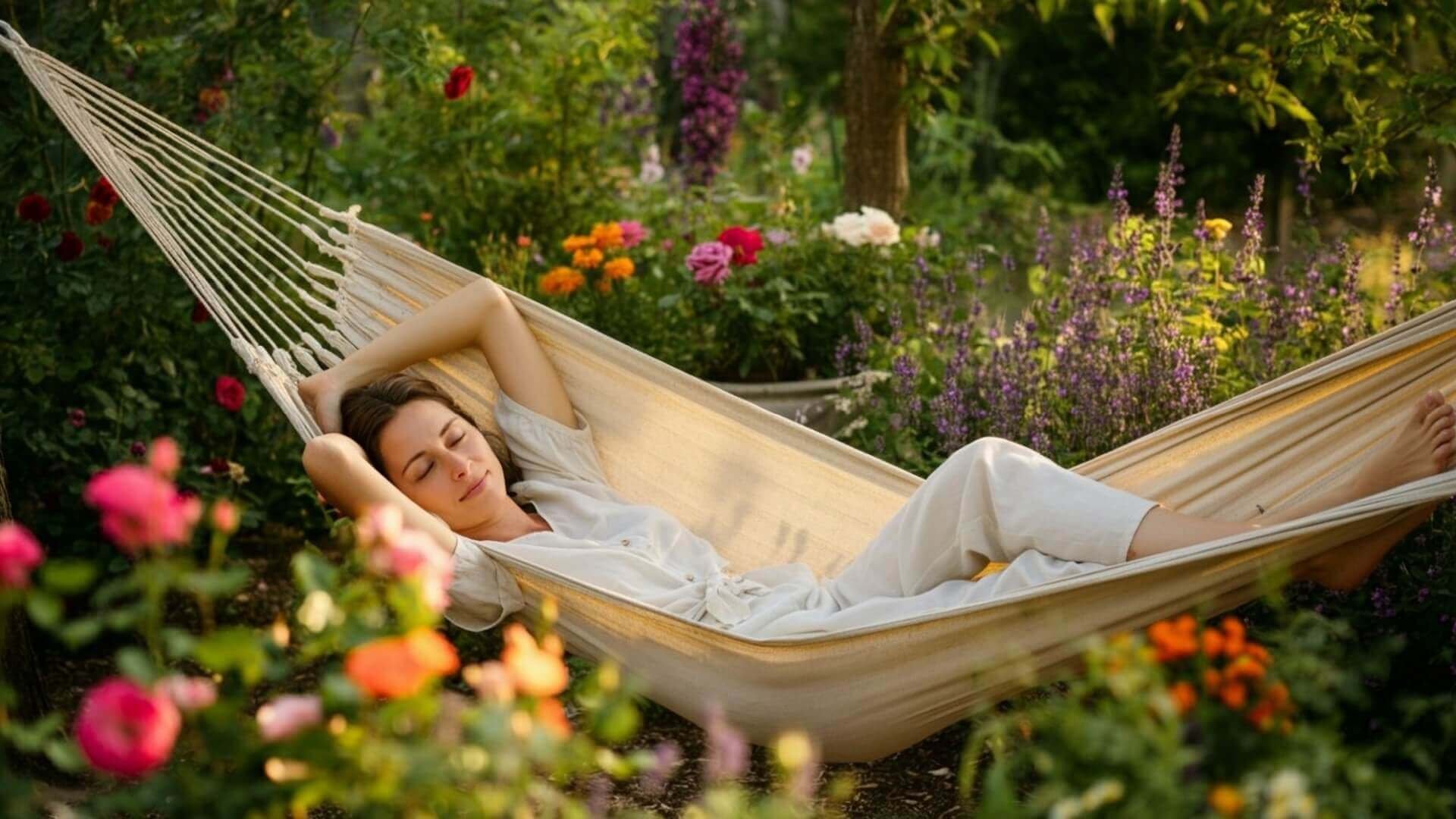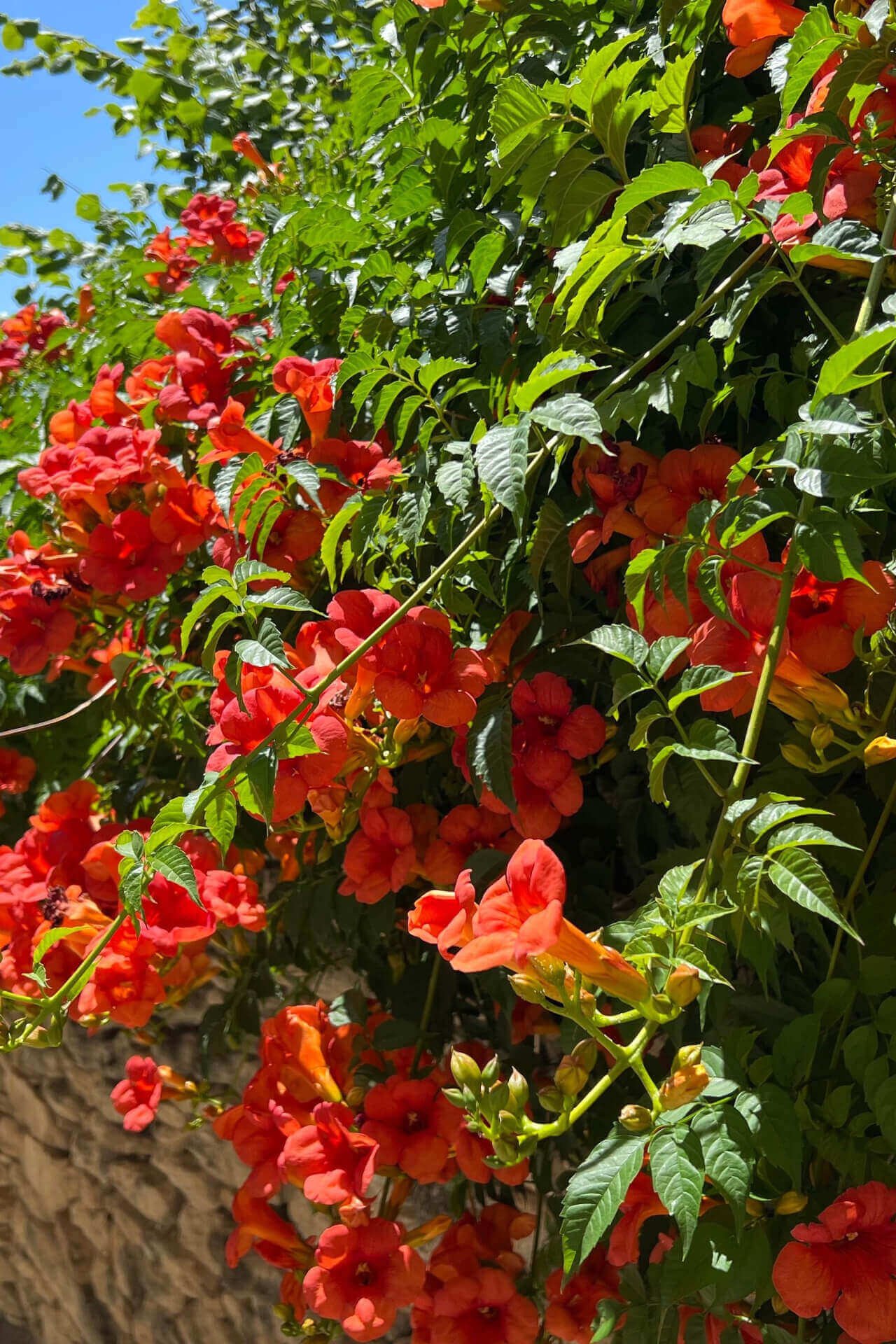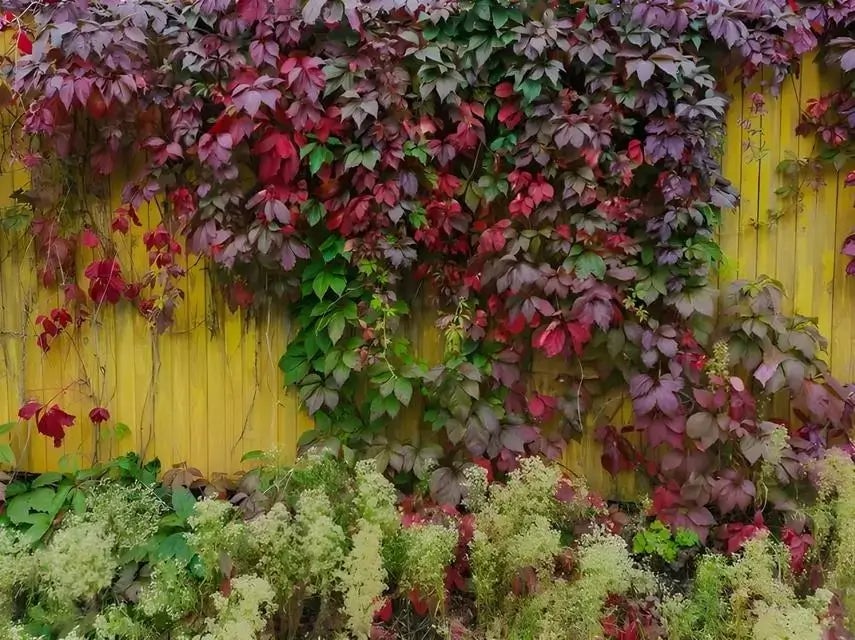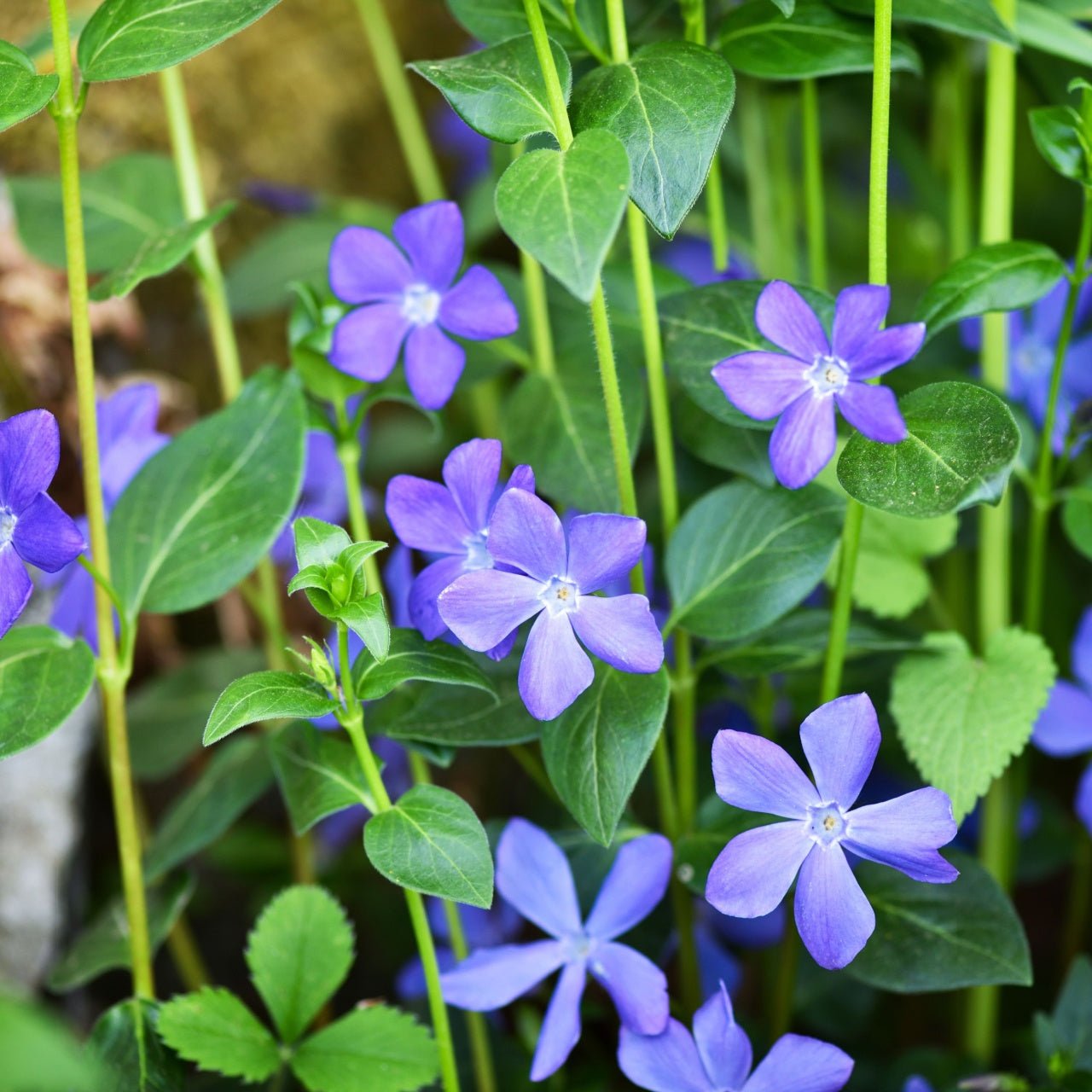As any seasoned gardener knows, the journey to becoming better at gardening is a rich experience full of learning, patience, and adaptation. Gardening is as much an art as a skill, requiring a keen sense of observation, resilience, and creativity. Every gardener's strengths come alive in responding to their plants' needs, adapting to the environment, and embracing the joy and challenges of gardening. In understanding the role of strengths, challenges, and the pure pleasure of gardening, we can become better gardeners and more attuned caretakers of nature.
What Are the Strengths of a Gardener?
The true strength of a gardener often lies in a delicate balance of knowledge, intuition, and dedication. A gardener's knowledge of plant care, soil types, climate, and seasonal changes forms the foundation of a thriving garden. From most miniature container gardens to sprawling beds, the gardener's insights into sunlight, water needs, and soil health make a difference in every plant's life. Strong gardeners learn the subtle language of plants, understanding when a leaf droops due to lack of water or when a bloom has developed due to a carefully timed dose of nutrients. This understanding doesn't always come from formal education but often from experience, trial, and learning from mistakes. Each season adds to a gardener's strength, allowing them to refine techniques and grow more skilled.
Another strength of a gardener is resilience. Gardening is rarely smooth; it is a cycle of highs and lows where setbacks are as common as successes. Yet, a resilient gardener knows that a failed crop, a pest invasion, or a bad season is not the end. Instead, they approach each challenge with a renewed sense of purpose and a desire to try again, using their failures as stepping stones to improve.
Gardening also enhances a gardener's creativity. Designing beds, choosing colors, mixing foliage textures, and blending plant varieties take creative intuition. Great gardeners often envision the garden not as a collection of plants but as a harmonious ecosystem where every element plays a part. With creativity, they bring their vision to life, painting with nature's colors, textures, and shapes to create beautiful landscapes.
Easy Plants To Grow Without Much Care
What Are the Disadvantages of Being a Gardener?
Gardening can be immensely fulfilling, but it is not without its challenges. One of the most significant disadvantages is its physical demand on the body. Gardening is an active pursuit that requires lifting, bending, digging, and crouching. These repetitive motions can lead to back strain, sore knees, and stiff muscles. While regular gardening keeps the body active and engaged, it can take a toll if not balanced with proper rest and attention to body posture.
There's also the unpredictability of weather, which can be a constant hurdle. Despite all planning, preparation, and care, an unexpected frost, an unseasonably warm spell, or an extended drought can disrupt even the most carefully maintained garden. A gardener might spend hours nurturing delicate plants only to see them damaged by a late-season freeze. This unpredictability requires gardeners to adapt continually and sometimes face disappointment when their hard work does not produce the desired results.
Gardening can also demand a substantial time commitment. From daily watering to regular weeding, pruning, and fertilizing, maintaining a thriving garden requires dedication. Many gardeners feel the weight of responsibility, knowing that plants rely on consistent care. This passion can be difficult for those with busy schedules, as it demands time and attention even during life's busier seasons.
What Makes a Gardener Happy?
For most gardeners, the rewards far outweigh the challenges, bringing a unique joy that few other pursuits can match. The connection with nature, the satisfaction of watching a seedling grow into a flourishing plant, and the pleasure of harvesting one's produce are immensely fulfilling. There's something special about the simple act of planting, nurturing, and witnessing the life cycle of plants. For many, it provides a sense of purpose, a ritual of caretaking that brings a deep understanding of satisfaction.
Gardening is often therapeutic, offering a peaceful retreat from daily stresses. Many gardeners find solace in the quiet rhythms of nature, where they can unplug, breathe fresh air, and focus on something beautiful and grounding. The garden becomes a sanctuary, a place to reconnect with oneself while cultivating life. Working with one's hands, feeling the soil, and watching the subtle changes in plants is meditative, helping gardeners find calm in an increasingly fast-paced world.
Beyond personal joy, gardeners feel immense pride in creating something meaningful and tangible. Each season brings new possibilities to enhance and refine techniques, leading to the satisfaction of nurturing a garden that flourishes. Whether it's sharing homegrown vegetables, arranging fresh-cut flowers, or simply admiring the colors and textures of a well-maintained bed, the fruits of a gardener's labor are visible and deeply rewarding.
Disadvantages of Gardening
Although gardening brings a host of benefits, it has a few disadvantages. Aside from the hard work and time commitment, gardeners must often contend with the frustration of pests and diseases. Insects, fungi, and other pathogens can quickly wreak havoc on a garden, damaging plants and requiring constant vigilance and intervention. Managing these pests can be time-consuming and challenging, especially when seeking environmentally friendly solutions that do not harm the surrounding ecosystem.
Another disadvantage is the financial investment. While gardening can be economical over time, the initial costs of tools, soil, seeds, and plants can add up, especially for those looking to establish a sizable garden or invest in quality materials. Many gardeners start small to minimize expenses, but even with a frugal approach, the costs can be considerable, and they increase with each new plant or tool needed.
Despite these drawbacks, gardeners remain passionate and dedicated, finding joy in their labor and a sense of accomplishment in overcoming each obstacle. Gardening is a craft that rewards patience, resilience, and a deep respect for nature's rhythms. With each challenge met, gardeners grow more robust, knowledgeable, and capable of creating vibrant, thriving gardens.
Ultimately, becoming a better gardener isn't just about acquiring skills or tools-it's about nurturing a mindset of learning, adaptability, and appreciation for the beauty of nature. Through every triumph and setback, gardeners cultivate more than just plants; they nurture their growth and connection to the natural world. Gardening is a journey that continuously teaches, rewards and enriches, making it an enduringly rewarding pursuit.
Read more
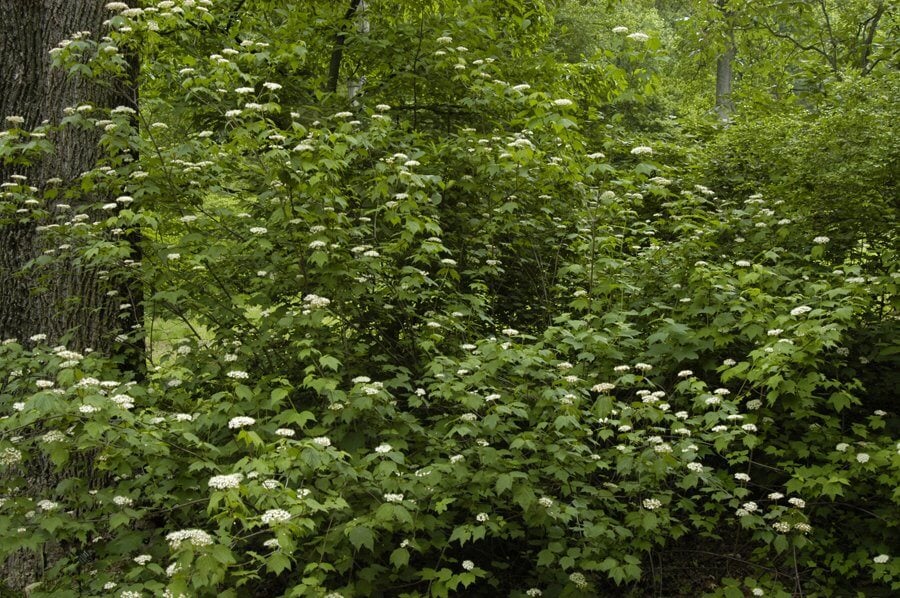
Viburnum acerifolium, commonly called Mapleleaf Viburnum, is a shrub plant that belongs to the deciduous type found in North America.
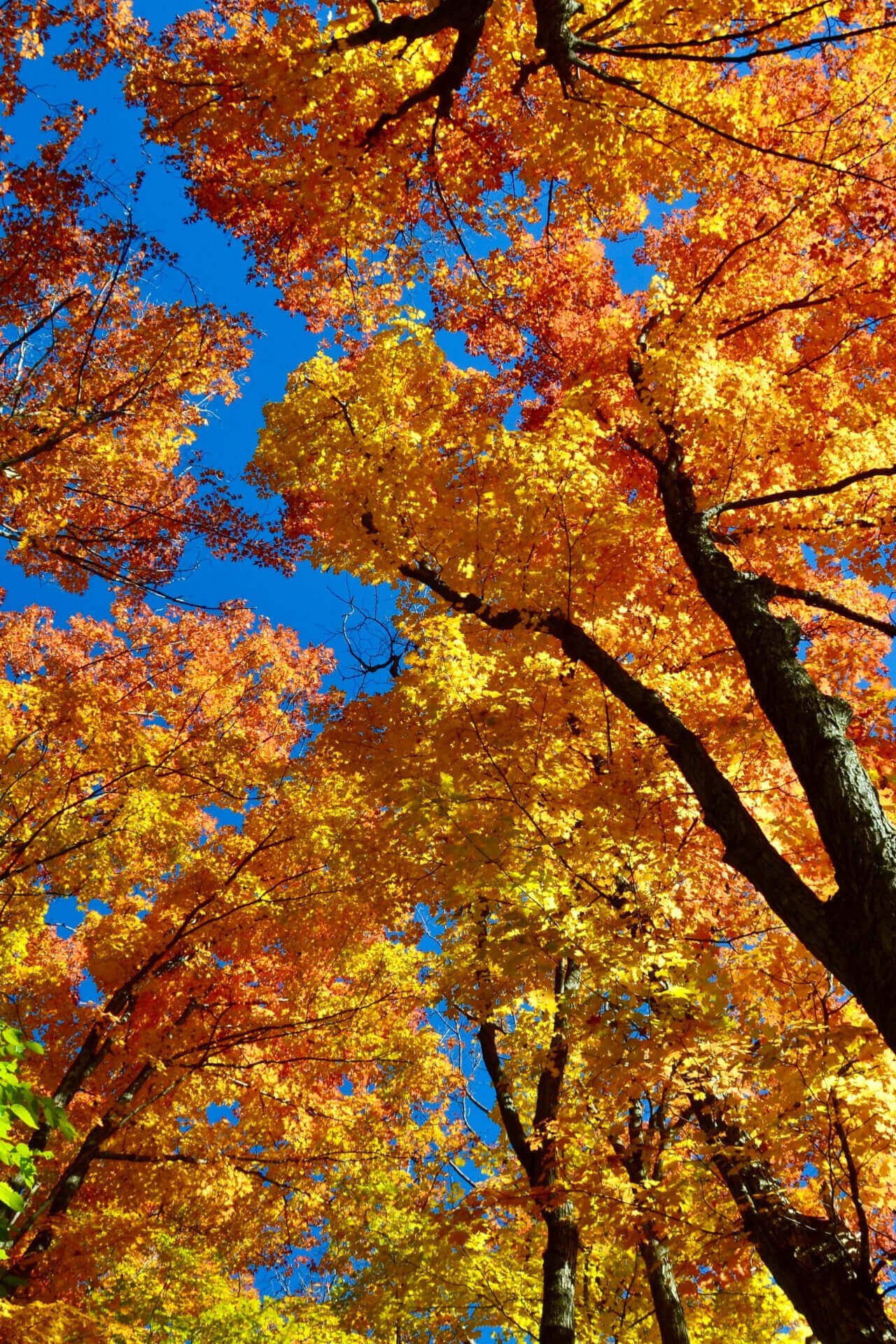
Have you prepared your garden to withstand winter's frosty grip? Much like how we reach for warm scarves and heavy coats during chilly days, our garden companions require special attention to endur...


